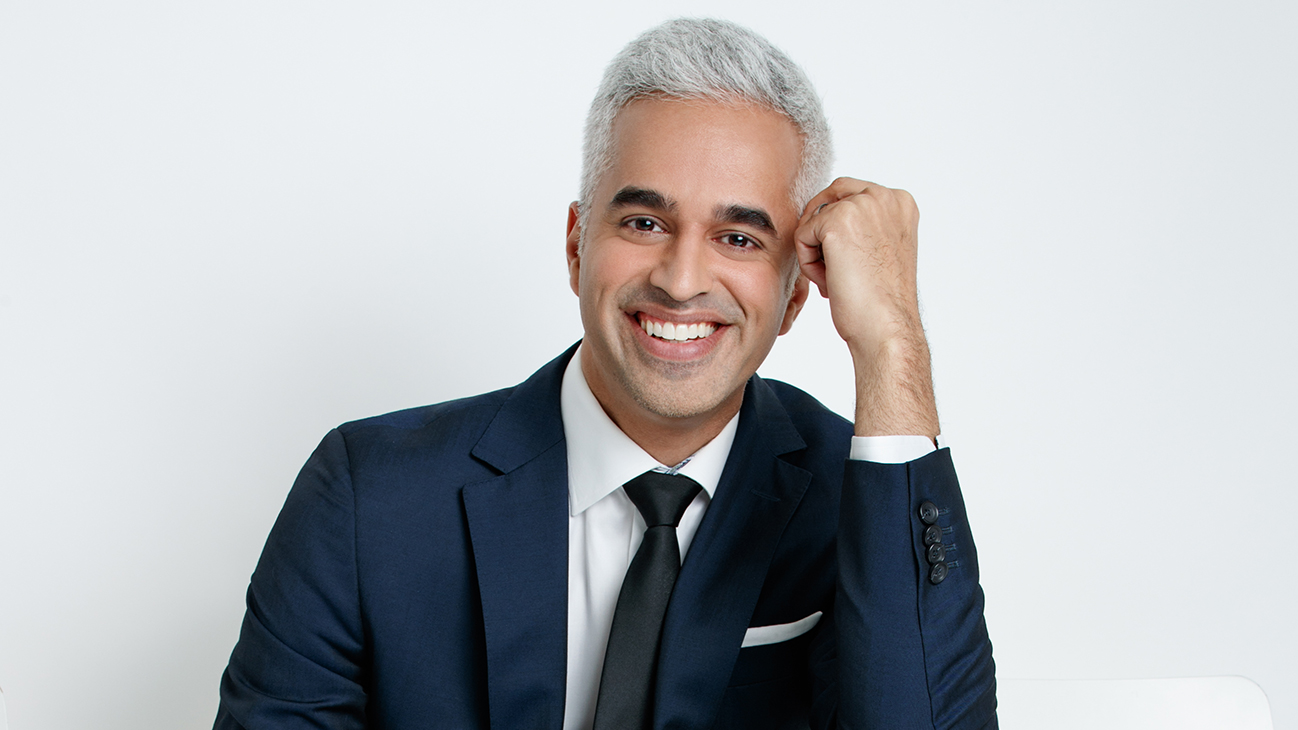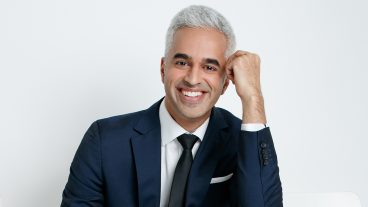A return to the office and in-person events, means a return to socializing. No longer can we sit muted in every meeting, instead we need to reacquaint ourselves with the art of conversation.
The bestselling author of Every Conversation Counts: The 5 Habits of Human Connection That Build Extraordinary Relationships, Riaz Meghji spoke with Financial Post to share some of his best tips to cultivate connection after spending so much time apart, especially with new colleagues and as leaders of a very different workforce now that we are 18 months into a global pandemic.
Financial Post: As we prepare for a hybrid work environment, why is it important to focus on the quality of conversations and connections?
Riaz Meghji: The quality of our conversations will be crucial to our success, because we cannot connect, inspire, or support anyone unless we understand them first.
To navigate our hybrid reality, connecting with other people will be key. Learning how others prefer to communicate (video, email, phone), when they want to work, and — above all — understanding how they’re really feeling during a very uncertain time. Human connection has become a much greater priority for effective leadership, and the clarity of our conversations will help keep us aligned with what people need.
FP: Can you explain the notion of “making small talk bigger”?
Meghji: Most people dread small talk because it’s become a defence mechanism to prevent us from the embarrassment of getting emotional in front of someone we don’t know, and perhaps to avoid hitting a nerve with someone else when we’re not sure what to say.
How do we overcome the hurdle of superficial small talk to make a deeper connection? Focus less on information and more on emotion.
A simple way to explore this, especially when you have no context of the person in front of you, is to draw from the work surrounding happiness by the late psychiatrist Gordon Livingston. He found that the happiest people have something to do, someone to love, and something to look forward to. Start by exploring these three areas … and watch the person in front of you light up.
FP: What is assertive empathy?
Meghji: Assertive empathy puts the relationship first and logic second. For example, if we focus on discovering what people really mean before we dismiss them altogether, we can facilitate more productive disagreements and discussions.
This involves acknowledging their point of view, recapping our understanding to confirm they’ve been heard, then introducing the logic of focusing on common ground. By leading with empathetic curiosity we can transform conflict into meaningful collaboration, aligning people and teams to solve common problems.
FP: Why are generosity and gratitude important in everyday conversations?
Meghji: We all need a champion in our corner, especially after this past year. Someone who sees us, recognizes us, and values our contribution. Leading with gratitude is even more valuable in a hybrid work set-up because it’s so much easier to feel like an outsider if you were onboarded remotely or if your virtual voice isn’t heard as much as those physically in the same room.
Generosity always wins. Move past the easy offering of saying, “Great job!,” and be more specific with how someone’s action made a difference, provided a confidence boost, or maybe even delivered a much-needed wake-up call. If we can make our praise specific and urgent, and connect their actions with how they’re serving the company’s greater purpose, we’ll empower our people and build loyal cultures.
FP: What’s the most important thing to keep in mind to get the most out of conversations at work?
Meghji: Break out of autopilot mode and be more intentional when you connect with others. If you find yourself getting distracted, focus in, then force yourself to respond with the words “Because you mentioned this …” at the start of your next sentence.
Our empathetic curiosity and willingness to actively listen — along with the appreciation we can give to lift others up — will allow us to thrive with human connection in our new hybrid reality.
This piece was adapted from the original article published by the Financial Post.
An accomplished broadcaster, Riaz Meghji has 17 years of television experience, interviewing experts on current affairs, sports, entertainment, politics and business. Along the way, he not only learned the power of a candid conversation, but also how to put it into practice.
Today, as a human connection keynote speaker, he shares insight into how to build extraordinary relationships through meaningful conversation.
Interested in learning more about Riaz and what he can bring to your next event? Email us at [email protected].




